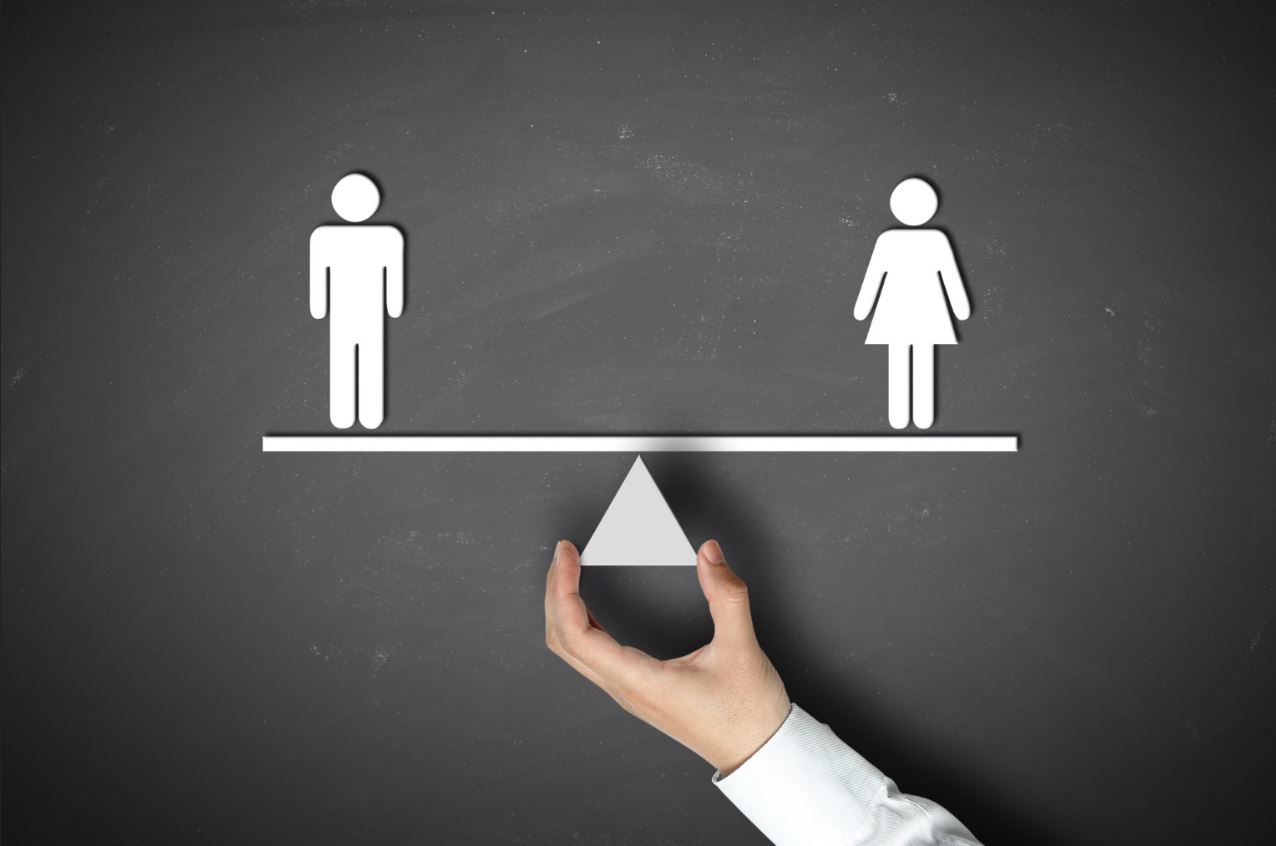What Price Inequality? What Should We Make of Opposition to Equality?
Not all bias is unconscious. Recent derogatory comments by high-profile public figures has drawn attention back to the equality debate.
 ChristianChan/Shutterstock.com
ChristianChan/Shutterstock.com
How should we understand the spate of recent derogatory comments by high profile figures such as Steve Price and Eddie Maguire about women? And by Sonia Kruger and Pauline Hansen with their anti-Muslim comments?
How do we understand this increasingly public declamation occurring alongside a growing recognition that greater innovation and financial prosperity are achieved through diversity, and that inclusion makes for a better society?
Disproportionate Power
High profile public figures wield a disproportionate amount of power in our society. Steve Price’s labelling of Van Badham as ‘hysterical’ was bad enough (although deftly handled by Badham).
Price’s use of hysterical drew a huge outcry from the audience at the time. However, he seemed perplexed as to why. He then went on to repeatedly talk over Badham. What did he believe was happening, and how did he feel justified to respond as he did in those circumstances?
The social response in the following days was more concerning. There were multiple threats of violence to Badham via her Twitter account, and similarly in public comments to press coverage of the event. What it is that unleashes such harsh and violent responses; why do some people feel justified making nasty, public threats?
Social Dominance Theory
These events serve as a powerful reminder that not all bias is unconscious, and not everyone is interested in being fairer to those around them. Power and dominance have been concepts receiving too little attention lately, but are fundamental for developing a deeper understanding of this behaviour.
Social Dominance theory provides some clues. It suggests that people differ in their level of the two elements of Social Dominance Orientation (SDO): Opposition to Equality, and Support for Social Hierarchy and Dominance.
Support for Social Dominance
People with a high level of group-based Dominance value safety, stability, conformity, obedience and rule-following. They prefer greater levels of hierarchy and power distance in relationships and in society.
High levels of Dominance are associated with active oppression of subordinate groups, justification of oppression, and a strong focus on group competition and threat.
Support for social Dominance means support for active, and sometimes violent, maintenance of hierarchies, predicated on domination by high status members and the subordination of low status members.
Opposition to Equality
Opposition to equality involves support for the legitimacy of the current system including its inequalities. Those at the top of the system tend to believe that the existing system is fair; their position is justified and appropriate to their achievements.
Opposition to equality is associated with political conservatism, support for concepts like ‘work ethic’ as a way of justifying inequality, and with opposition to policies such as equal opportunity or affirmative action.
Opposition to equality is more subtle than Dominance, and is supportive of differential access to power and resources, but not through oppressive means.
(A low Opposition to equality is associated with a high level of empathy, tolerance, compassion and humanitarianism.)
Gender Differences
Individuals who have a high Social Dominance Orientation overall desire to maintain and, in many cases, increase the differences in social status of particular groups. Typically, they are dominant, driven, tough and seek power. Often, people who score high in SDO strongly believe that we live in a “dog-eat-dog” world.
Men are generally higher than women in SDO. Recent studies have found that high SDO has a strong positive relationship with authoritarian, sexist, homophobic and racist beliefs.
Changing the Landscape
For those of us who do value the increased power and visibility of diversity in all its forms and who aspire to an inclusive society, how do we effectively navigate this landscape?
We can’t necessarily change the beliefs of others. But we should not let them deter us from pursuing a more equal, inclusive world. So what should we do?
- Avoid giving those promoting inequality more airtime than they already have (they’re pretty capable of handling this part themselves!).
- Tell more stories about positive change.
Even small signs of progress towards equality and inclusion are highly motivating. Psychology expert Professor Teresa Amabile says, “Progress motivates people to accept difficult challenges more readily and to persist longer.”
When people make progress toward, and meet, meaningful goals, the match between the expectations and the reality allows them to feel good, to grow, and be even more motivated to tackle the next challenge. (We can apply some of the same principles as Pokémon Go is using so effectively!)
If we notice the small gains regularly, and publicly, our motivation will increase. And then we will more readily move onto the next step in the equality journey.
Got a story to tell about positive change? Get in touch with Karen on her website.